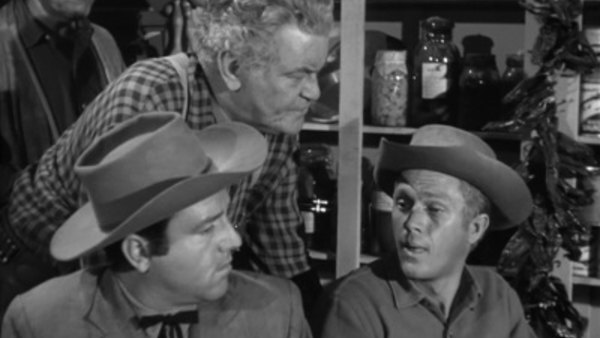
I’d certainly ask Co-Conspirators to respond as well. I am looking to pass knowledgeable responses along to the journalist, so please only substantive and knowledgeable answers I will delete others, as I want to be able to forward the comment thread to the journalist in question. Third, what was the relevant Constitutional doctrine of that day and did it have a role to play? Why or why not?.

Second, from the standpoint of the law in force in that period, on what basis was this kind of “dead or alive” language used?.First, to what extent was this actually a historical practice, or is it really just a creation of Hollywood westerns- any scholarship on this, or actual examples?.I don’t know anything about this, particularly as a historical Constitutional question, and propose to open it for knowledgeable responses from readers.


A journalist was in touch with me recently, asking about the legal and specifically Constitutional status of “wanted-dead or alive” in 19th century frontier days.


 0 kommentar(er)
0 kommentar(er)
